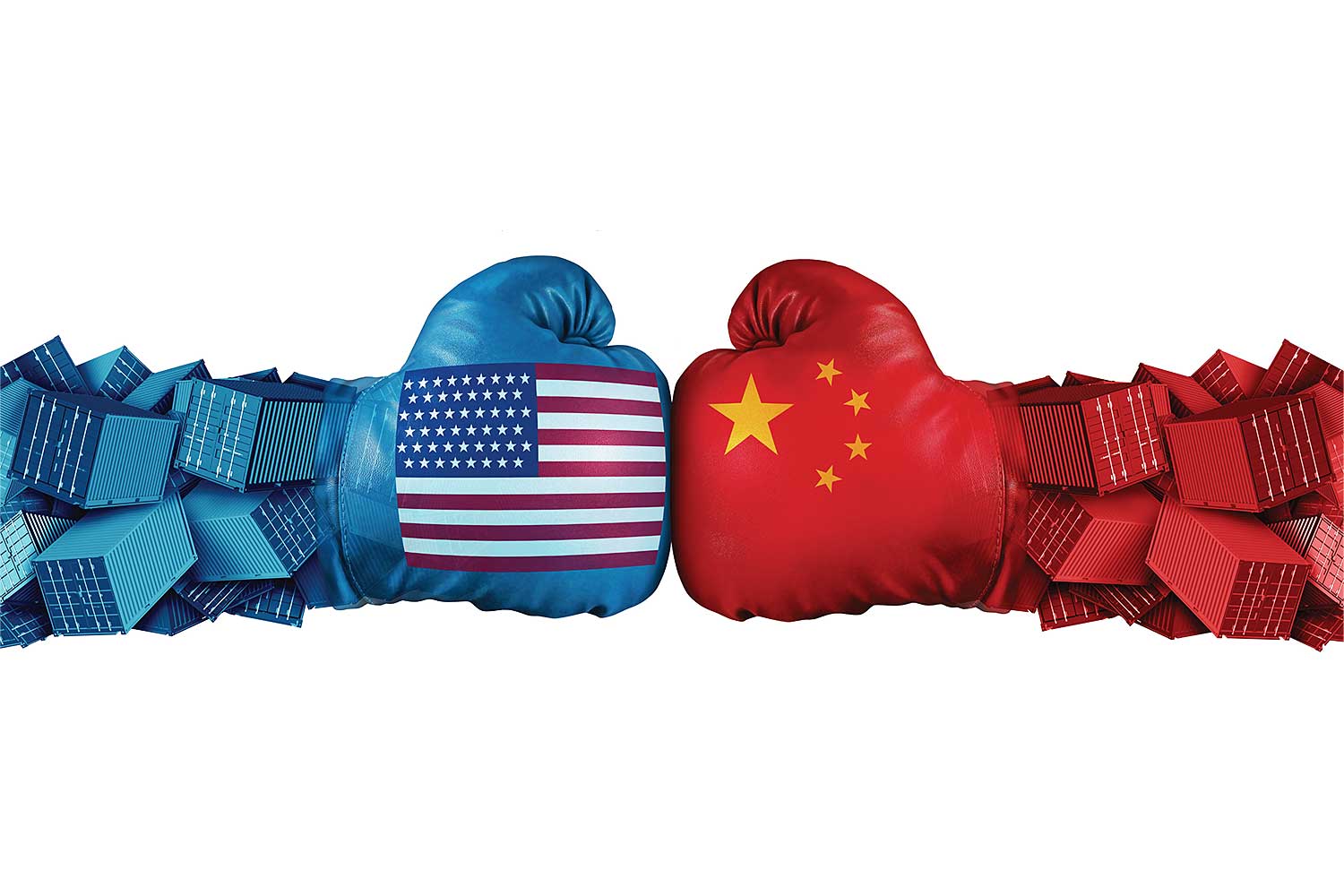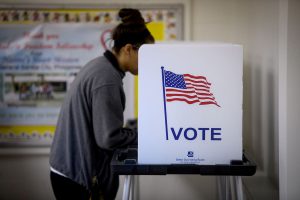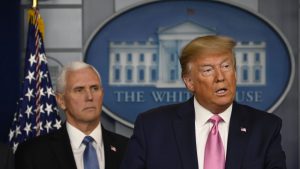By Joshua Aronson
As yet another contentious election is on the horizon, there is a lot to cover between our two polarizing candidates: Joe Biden and Donald Trump. Due to the increasing tension between foreign nations, in combination with the international COVID-19 relief effort, foreign policy is one of the most important issues to understand prior to heading for the voting booth this fall.
Trump has looked to stand up to China over a set-up of financial maltreatment: licensed innovation burglary, cash control, send out appropriations, and monetary surveillance. He says forceful activity is needed to secure American laborers and to diminish the USA’s two-sided import/export imbalance, and that the COVID emergency highlights the need to hold China accountable. Meanwhile, Biden has outlined China’s ascent as a genuine test. He has reprimanded its “oppressive” nature. He claims he would mount a more successful pushback against China than Trump and work all the more intimately with partners to pressure Beijing.
Trump has proved, as president, he is willing to do all that it takes to create a more balanced relationship between China and the U.S. Biden if he were elected, would work to improve and enhance the cooperation between the U.S and its allies against the repressive government of communist China. I am by no means experienced with foreign policy, especially as a means of deciphering how China would view our actions. That said, I am in favor of the candidate that has proved he is unwilling to submit to imposing communist China.
Biden, through his years in office, has proved to be rigid minded and defensive when it comes to foreign affairs. Biden’s nonchalant attitude towards mitigating the Chinese threat in both military junctions as well as an economic threat will prove costly to our leverage over China. Biden’s frailty may let China grow within, while we hopelessly watch as our country favors diplomacy over morality.
Trump’s ego may interfere with China’s perception of the U.S; however, time has proven that very few entities can peacefully coexist alongside Communist China’s agenda. Thus, it may be time to ditch our passive approach, and set the precedent for our involvement with China for the years to come.
This essay is part of The Paw Print‘s ongoing op-ed series on the issues that matter to the 2020 Presidential election.



Be First to Comment